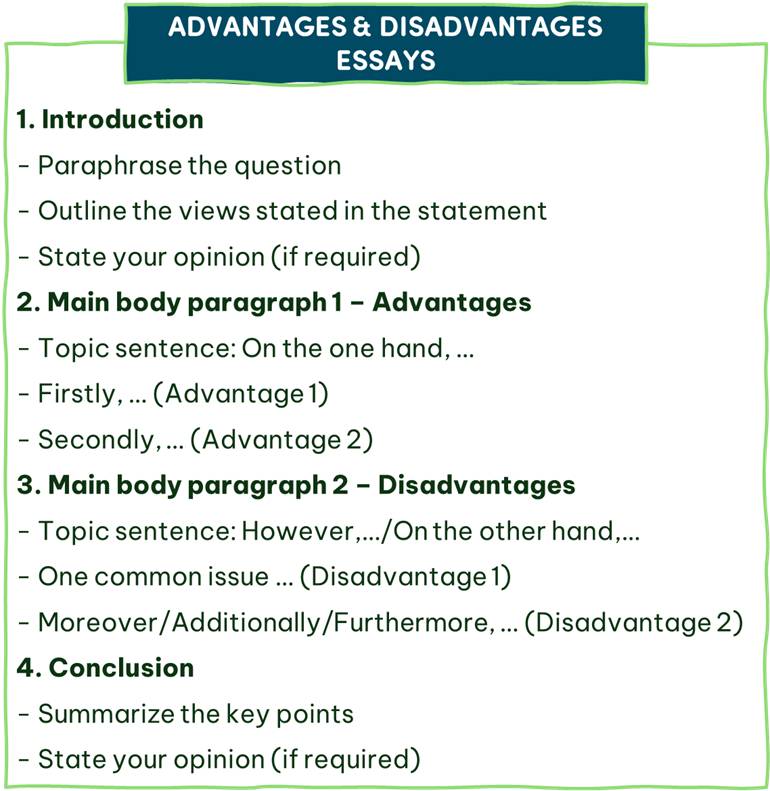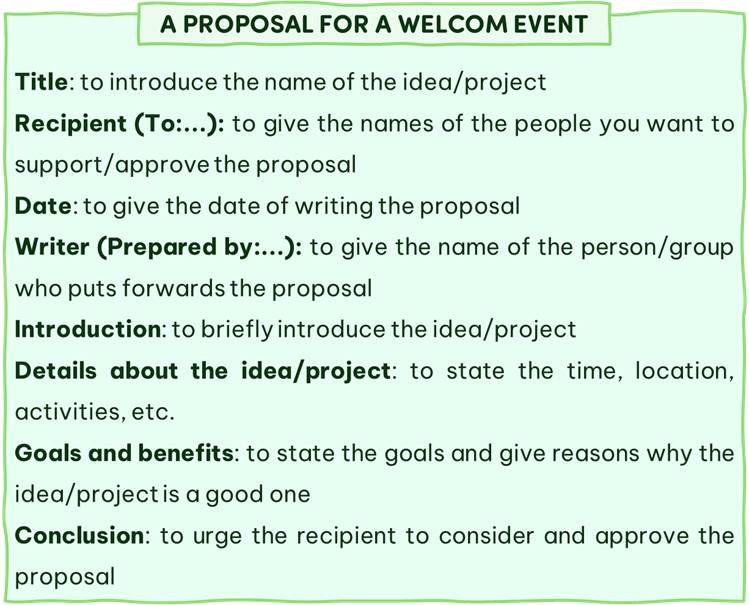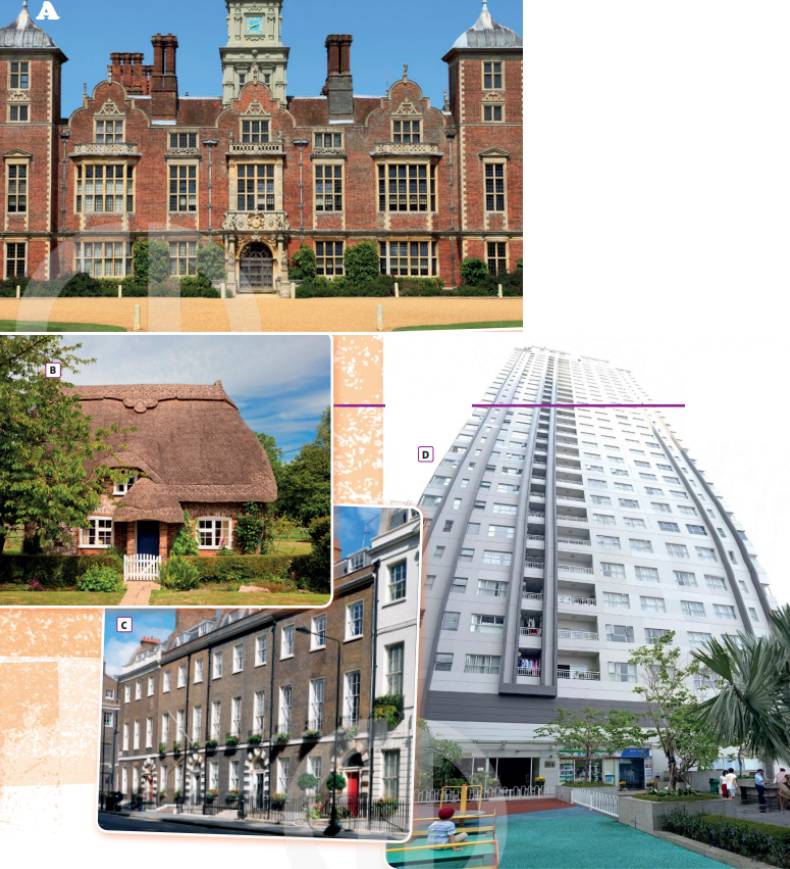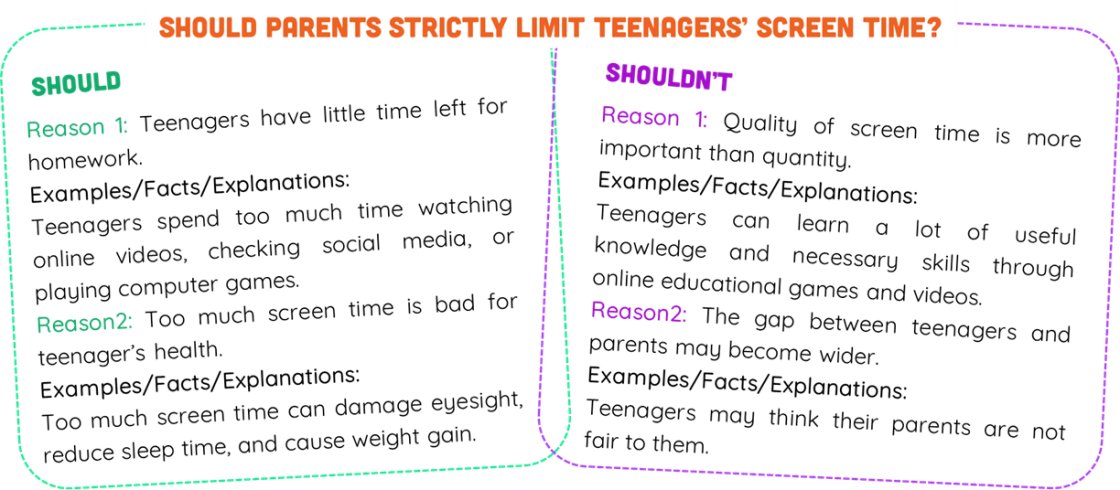Hãy nhập câu hỏi của bạn vào đây, nếu là tài khoản VIP, bạn sẽ được ưu tiên trả lời.

Living in a smart city brings many benefits and disadvantages. In this article, I will present some pros and cons of living in a smart city.
The first advantage of living in a smart city is convenience. Information and communications technology is integrated into urban systems, helping to provide public services more effectively. For example, through mobile applications, people can easily search for information about transportation, destinations, and entertainment activities. Furthermore, the smart traffic system helps reduce congestion and save travel time.
Another advantage of smart cities is energy saving and environmental protection. Advanced technologies are applied to manage and use resources effectively. For example, automatic lighting and temperature regulation in buildings help save energy. In addition, the use of smart public transport and self-driving cars helps reduce polluting emissions.
However, living in a smart city also has disadvantages. One of them is the issue of information security. With the widespread use of information technology, the risk of personal information insecurity and privacy violations increases. This requires strong security measures to ensure the safety of people's personal data.
Another drawback of smart cities is their dependence on technology. If technology systems fail or are attacked, public services could be disrupted. This poses challenges for maintaining stability and ensuring security of smart cities.
In short, living in a smart city brings many benefits such as convenience and energy savings. However, it is also necessary to pay attention to information security issues and dependence on technology. To make the most of the advantages and minimize the disadvantages, smart investment and management from city managers is needed.


Dear Anna,
I'm glad that you like the cooking book. It has many interesting recipes in there, you should try one. By the way, Sunday sounds great, I'll come over at 4 p.m.
See you soon,
Linda
Hi Anna,
I'm glad that you're finding my book on healthy cooking helpful.
I am delighted to join you at your home this Sunday to find out some recipes from the book with you.
Unfortunately, my mango trees has not produced any mangoes at the time, but by the way I will buy some fresh mangoes from the market on the way to your place for one of the dishes.
Looking forward to seeing you soon.
Warm regards.
Linda.

Come see this unique and modern house built on a cliff overlooking the ocean. The house has a spacious interior with stunning glass and metal design that perfectly complements the natural rock formation. And the view is extremely spectacular, with unobstructed views of the endless ocean. You won't find another house quite like this one, so come and see it for yourself.
Tạm dịch:
Hãy đến xem ngôi nhà độc đáo và hiện đại này được xây dựng trên một vách đá nhìn ra biển. Ngôi nhà có nội thất rộng rãi với thiết kế bằng kính và kim loại tuyệt đẹp bổ sung hoàn hảo cho sự hình thành đá tự nhiên. Và góc nhìn thì rất ngoạn mục, với tầm nhìn không bị cản trở ra đại dương vô tận. Bạn sẽ không tìm thấy một ngôi nhà nào khác giống như ngôi nhà này, vì vậy hãy đến và tự mình xem nó.

a) countable nouns: document, gadget
(danh từ đếm được: tài liệu, tiện ích)
b) uncountable nouns: habit, health, information, money, music, software, website, homework
(danh từ không đếm được: thói quen, sức khỏe, thông tin, tiền bạc, âm nhạc, phần mềm, trang web, bài tập về nhà)

Bài nghe:
Speaker 1: We all know what it’s like to argue with our family. It’s just part of life, isn’t it? Well, not necessarily. Sometimes, family arguments can become a habit ... a habit that is harmful and upsetting for the people involved. Our three-week course will teach you some simple tricks and techniques for breaking that habit. Do the course on your own or better still, persuade other members of your family to come along with you.
Speaker 2: When I was younger, I had a lot of arguments with my parents ... and with my sister too. I won a few of them, but mostly I lost. Then I realised what I was doing wrong: I wasn’t preparing for the arguments. So I started treating them more like exams. I actually started revising for my family arguments! I prepared all my reasons, my examples. You really should take the same approach – it works like magic! Now I hardly ever lose an argument at home.
Speaker 3: Hi, Poppy, it’s me. Look, this family meal is on Sunday ... that’s this Sunday. Mum and Dad will be there, and so will Grandad. I’m not sure about Uncle John. But then, we’ve never been sure about Uncle John. Anyway, I really need to know that you’re going to be there. Without you, it might be a disaster. You know how Grandad always tries to start an argument when we’re out. He’s much better when you’re there. So give me a call and tell me you’re coming. Please!
Speaker 4: I left home when I was seventeen after an argument with my parents, and to be honest, it was the best thing that happened to me. I had to grow up quickly! At nineteen, I started my own business. Now I live in a £5-million penthouse in London and run a business with more than a thousand employees. That family argument gave me the push I needed. Of course, I’ve got a lot of talent too!
Tạm dịch:
Diễn giả 1: Tất cả chúng ta đều hiểu tranh cãi với gia đình mình là như thế nào. Nó chỉ là một phần của cuộc sống, phải không? Ồ, không nhất thiết. Đôi khi, những cuộc cãi vã trong gia đình có thể trở thành một thói quen... một thói quen tai hại và khó chịu cho những người liên quan. Khóa học kéo dài ba tuần của chúng tôi sẽ truyền đạt cho bạn một số thủ thuật và kỹ thuật đơn giản để phá bỏ thói quen đó. Tự mình thực hiện khóa học hoặc tốt hơn nữa là thuyết phục các thành viên khác trong gia đình cùng tham gia với bạn.
Diễn giả 2: Khi tôi còn nhỏ, tôi đã cãi nhau rất nhiều với bố mẹ... và với chị gái tôi nữa. Tôi đã thắng một vài trong số đó, nhưng hầu hết là tôi thua. Sau đó, tôi nhận ra mình đã làm sai điều gì: tôi đãkhông chuẩn bị cho các cuộc tranh luận. Vì vậy, tôi bắt đầu coi chúng giống như các kỳ thi vậy. Tôi thực sự đã bắt đầu chuẩn bị cho nhứng cuộc tranh luận gia đình! Tôi đã chuẩn bị tất cả các lý do, các ví dụ của tôi. Bạn thực sự nên áp dụng cách tiếp cận tương tự – nó hoạt động như một phép màu vậy đó! Bây giờ tôi hầu như không bao giờ thua trong một cuộc tranh cãi ở nhà.
Diễn giả 3:Xin chàoPoppy, emđây. Nhìn xem, bữa cơm gia đình này là vào Chủ Nhật... đó là Chủ Nhật tuần này đấy. Bố mẹ sẽ ở đó, và ông cũng vậy. Emkhông chắc về chú John lắm. Nhưng thật ra thì,chúng ta đãbao giờ chắc chắn về chú John đâu. Dù sao đi nữa, em thực sự cần chắcrằng chị sẽ ở đó. Nếu không có chị, nó có thể là một thảm họa mất.Chịbiết là ông nội luôn cố bắt đầu một cuộc tranh cãi khi chúng ta ở bên ngoài mà. Ông sẽ thấy ổn hơn nhiều khi chị ở đó. Vì vậy, hãy gọi cho em và báo rằng chị sẽ đến nhé. Làm ơn đấy!
Diễn giả 4: Tôi rời nhà năm mười bảy tuổi sau một cuộc tranh cãi với bố mẹ, và thành thật mà nói, đó là điều tốt nhất đã đến với tôi. Tôi đã phải trưởng thành một cách thật nhanh! Năm mười chín tuổi, tôi bắt đầu kinh doanh riêng. Bây giờ tôi đangsống trong một căn penthousetrị giá 5 triệu bảng ở London và điều hành một doanh nghiệp với hơn một nghìn nhân viên. Cuộc cãi vã với gia đình gia đình đó đã cho tôi động lực lớn. Tất nhiên, tôi cũng rất có khiếu đấy chứ!
Lời giải chi tiết:
Speaker 1 – C | Speaker 2 – A | Speaker 3 – D | Speaker 4 – B |

A. mansion (khu nhà lớn)
B. thatched cottage (nhà tranh lợp mái)
C. semi-detached house (nhà liền kề)
D. flat (căn hộ)
A: What type of home do you live in?
(Bạn sống trong loại nhà nào?)
B: I live in a detached house in district 10.
(Tôi sống trong một căn nhà biệt lập ở quận 10.)

In today's digital age, screens have become an integral part of our daily lives. However, excessive screen time can have some negative impacts on our health, particularly for teenagers. In my opinion, it is important to limit teenagers' screen time. Firstly, prolonged exposure to screens has been linked to a variety of health problems such as obesity, poor eyesight, and insomnia. Spending excessive amounts of time in front of screens can also cause headaches, neck and back pain, and postural problems. Limiting teenagers' screen time can help ensure that they get enough physical activity, fresh air, and quality sleep that their growing bodies need. Secondly, excessive screen time can negatively impact teenagers' mental health. It can lead to feelings of isolation, anxiety, depression, and even addiction. Social media platforms, for instance, can create unrealistic expectations for youth, leaving many feeling inferior and depressed. To combat this, teenagers should learn to moderate their Internet and screen usage, and pursue more meaningful and fulfilling activities. Thirdly, screen time can affect teenagers' cognitive development. The brain of a teenager is still developing, and research shows that excessive screen time can impede brain development that affects cognitive skills such as attention span, memory, and problem solving. In contrast, spending more time reading, interacting face-to-face with peers, and engaging in outdoor activities can help teenagers build positive cognitive skills. In conclusion, while screens are useful tools, they should be used in moderation, especially for teenagers. Limiting their screen time can have positive effects on their physical, mental, and emotional well-being. Parents and guardians should encourage teenagers to find other activities that they enjoy besides screens such as sports, arts, traveling, and socializing with peers. By doing so, teenagers can strike a healthy balance between screen time and other activities, leading to a healthier and happier life.
 (rising intonation) or
(rising intonation) or  (falling intonation). Then practise saying them in pairs.
(falling intonation). Then practise saying them in pairs.







1. up
2. down
3. up
4. down